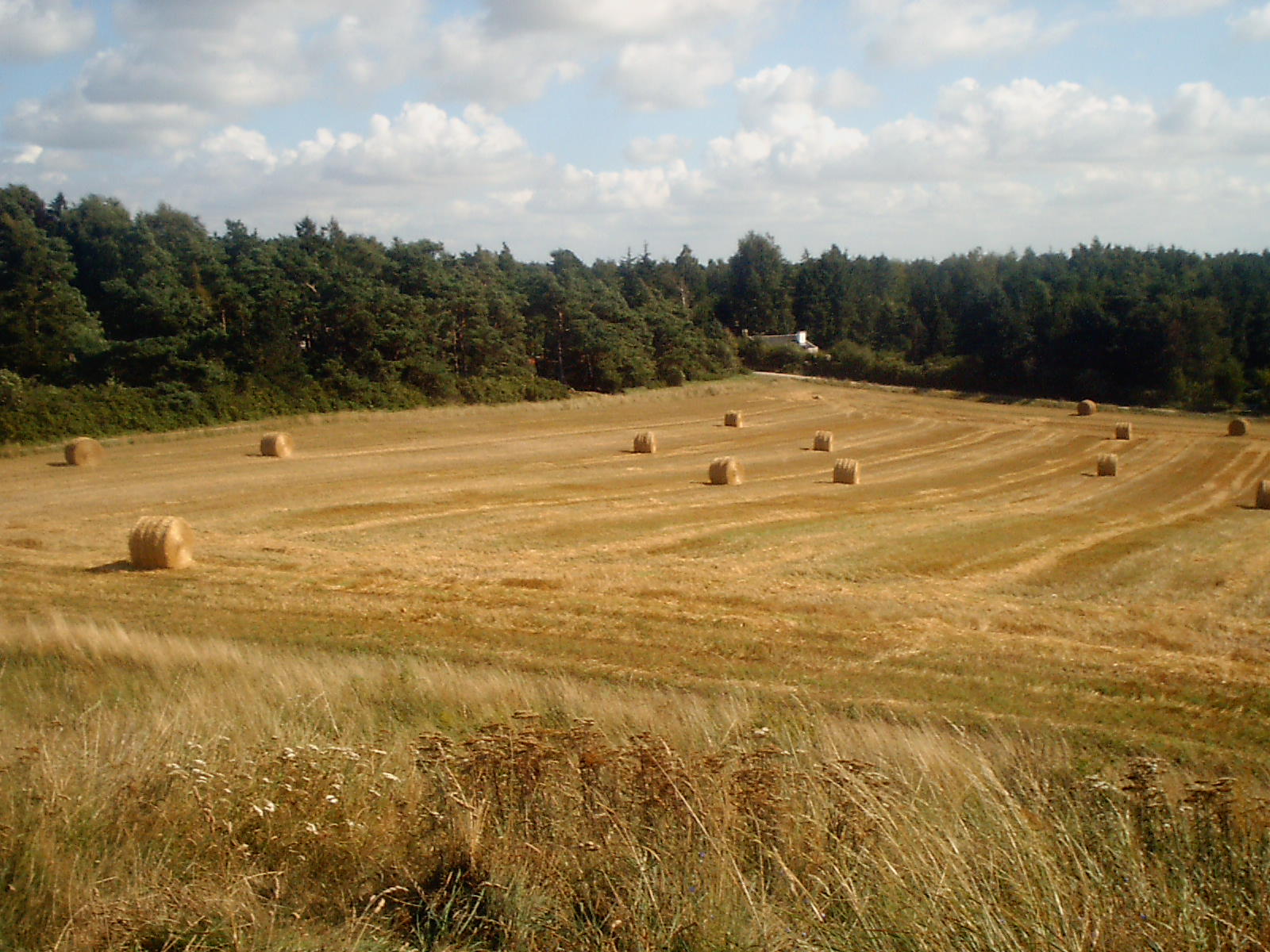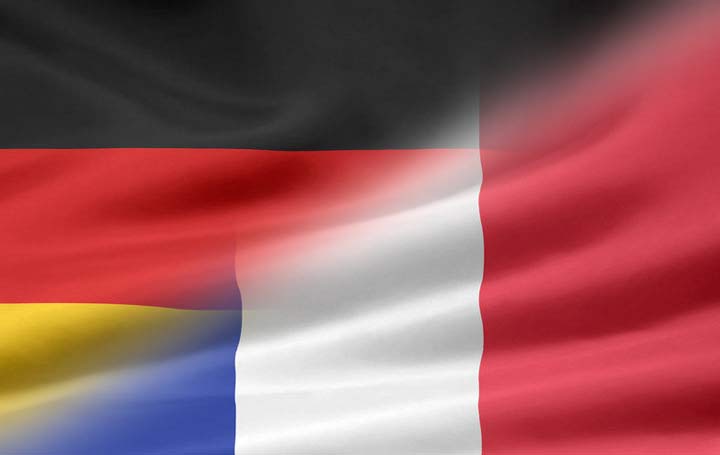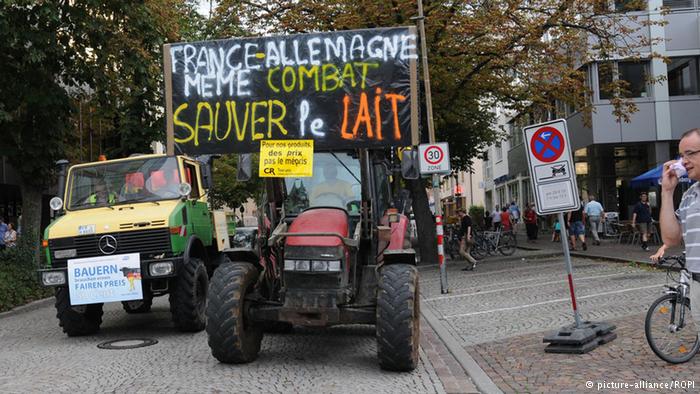2022 was a challenging year for farming in the EU. Buffeted by weather extremes, disease outbreaks and rising input costs due partly to the lifting of COVID-19 restrictions but particularly following the Russian invasion of Ukraine in February, there was a sharp drop in agricultural production. Yet despite the predictions of doom and gloom, 2022 was a record year for EU farm income.
We had effectively the converse situation to the farmer in Shakespeare’s Macbeth who ‘hanged himself on the expectation of plenty’. Shakespeare’s farmer had hoarded grain in order to sell it later, when prices went up. But when prices went down instead due to a good harvest, he goes bankrupt and hangs himself in despair.… Read the rest



